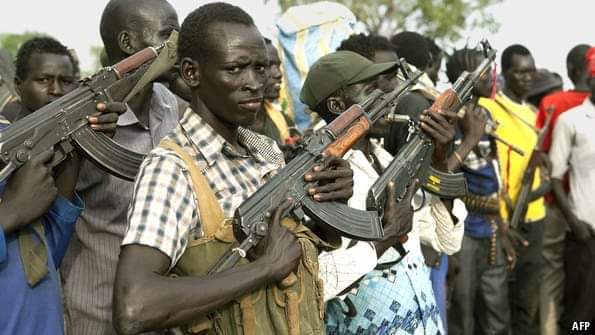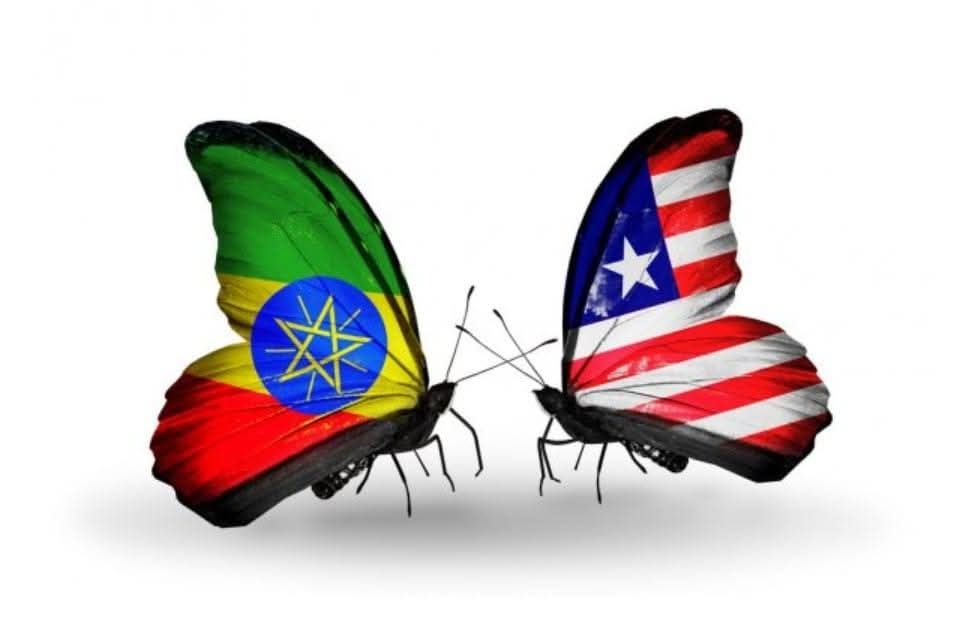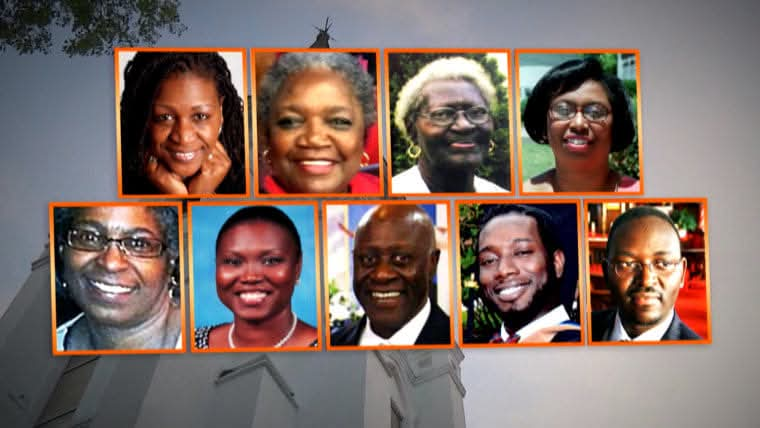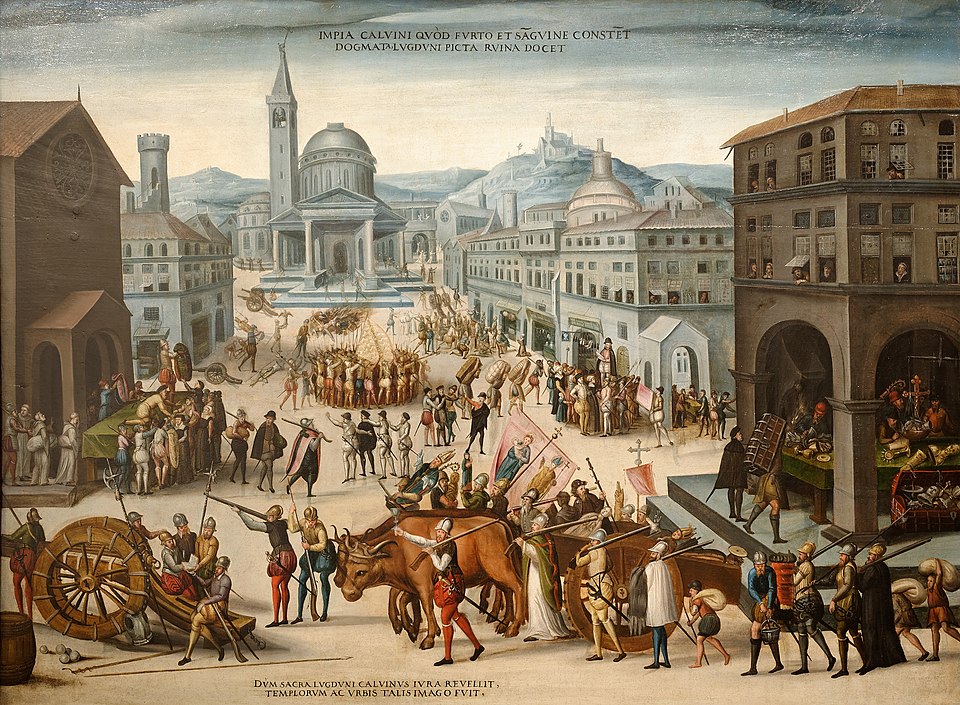THE SECOND CONGO WAR: The Deadliest Conflict in Africa, Tagged African World War

Did you know that the greatest war to be fought in Africa is the Second Congo War, also known as the Great War of Africa, the Great African War, or the African World War?
The Second Congo War began in the Democratic Republic of the Congo in August 1998, little more than a year after the First Congo War, and involved some of the same issues. The war officially ended in July 2003, when the Transitional Government of the Democratic Republic of the Congo took power. Although a peace agreement was signed in 2002, violence has continued in many regions of the country, especially in the east. Hostilities have continued since the ongoing Lord's Resistance Army insurgency, and the Kivu and Ituri conflicts.
Ultimately, nine African countries and around twenty-five armed groups became involved in the war. By 2008, the war and its aftermath had caused 5.4 million deaths, principally through disease and starvation, making the Second Congo War the deadliest conflict worldwide since World War II. Another two million were displaced from their homes or sought asylum in neighboring countries.
The Human Security Report Project (HSRP) of Simon Fraser University has challenged the toll of 5.4 million war-related deaths between 1998 and 2008. It states that of the IRC's five periodic estimates, two that cover a period from 1998-2001 are flawed, and the reported 2.6 million deaths within should not be included in the total death toll. The other three periodic IRC estimates cover a period from May 2001-April 2007, and in which 2.83 million of the total 5.4 million deaths were reported. The HSRP argued that the estimates were built on a general death rate that was far too low for Congo, and that most of those people would have most likely died anyway. Thus, the IRC figure should be revised to 860,000 total war-related excess deaths.
In response to the criticism from HSRP, one of the authors of the IRC report argued the following: "Although there may have been small statistical discrepancies in the original study, the IRC report had been widely peer-reviewed and was judged to be an accurate estimate of the war-related excess deaths."
The First Congo War began in 1996 as Rwanda increasingly expressed concern that Hutu members of Rassemblement Démocratique pour le Rwanda (RDR) militias were carrying out cross-border raids from Zaire, and planning an invasion of Rwanda. The militias, mostly Hutu, had entrenched themselves in refugee camps in eastern Zaire, where many had fled to escape the Tutsi-dominated Rwandan Patriotic Front (RPF) in the aftermath of the Rwandan genocide of 1994. The new Tutsi-dominated RPF government of Rwanda (in power from July 1994 on) protested this violation of Rwandan territorial integrity, and began to arm the ethnically Tutsi Banyamulenge of eastern Zaire. The Mobutu regime of Zaire vigorously denounced this intervention, but possessed neither the military capability to halt it nor the political capital to attract international assistance.
Despite a formal end to the war in July 2003 and an agreement by the former belligerents to create a government of national unity, 1,000 people died daily in 2004 from easily preventable cases of malnutrition and disease. The war was funded by (as the conflicts afterwards have been) the trade in conflict minerals, among other things.
On 18 July 2003, the Transitional Government came into being as specified in the Global and All-Inclusive Agreement out of the warring parties. The Agreement obliges the parties to carry out a plan to reunify the country, disarm and integrate the warring parties and hold elections. There were numerous problems, resulting in continued instability in much of the country and a delay in the scheduled national elections from June 2005 to July 2006.
The main cause for the continued weakness of the Transitional Government is the refusal by the former warring parties to give up power to a centralised and neutral national administration. Some belligerents maintained administrative and military command-and-control structures separate from that of the Transitional Government, but as the International Crisis Group has reported, these have gradually been reduced. A high level of official corruption siphoning money away from civil servants, soldiers and infrastructure projects causes further instability.
On 19 December 2005 the United Nations International Court of Justice ruled that the DRC's sovereignty had been violated by Uganda, and that DRC had lost billions of dollars worth of resources. The DRC government has asked for $10 billion in compensation. Though the ICJ has taken many steps to ensure that war crimes and crimes against humanity will be prosecuted, the International Monetary Fund and the World Bank rewarded both Uganda and Rwanda with debt relief packages for improving their economic health during a time when much of their increased revenue was partially a direct result of illegally importing conflicted minerals from the DRC. In this case, international institutions such as the IMF and WB are allegedly at odds with international laws and charters. Both the IMF and WB have been accused of helping to facilitate the conflict in the DRC by rewarding combatants.
On 30 July 2006 the first elections were held in the DRC after the populace approved a new constitution. A second round was held on 30 October.
The ethnic violence between Hutu- and Tutsi-aligned forces has been a driving impetus for much of the conflict, with people on both sides fearing their annihilation.
SOURCE: Wikipedia | Image: face2faceafrica
#penglobalhistory #CongoWar



